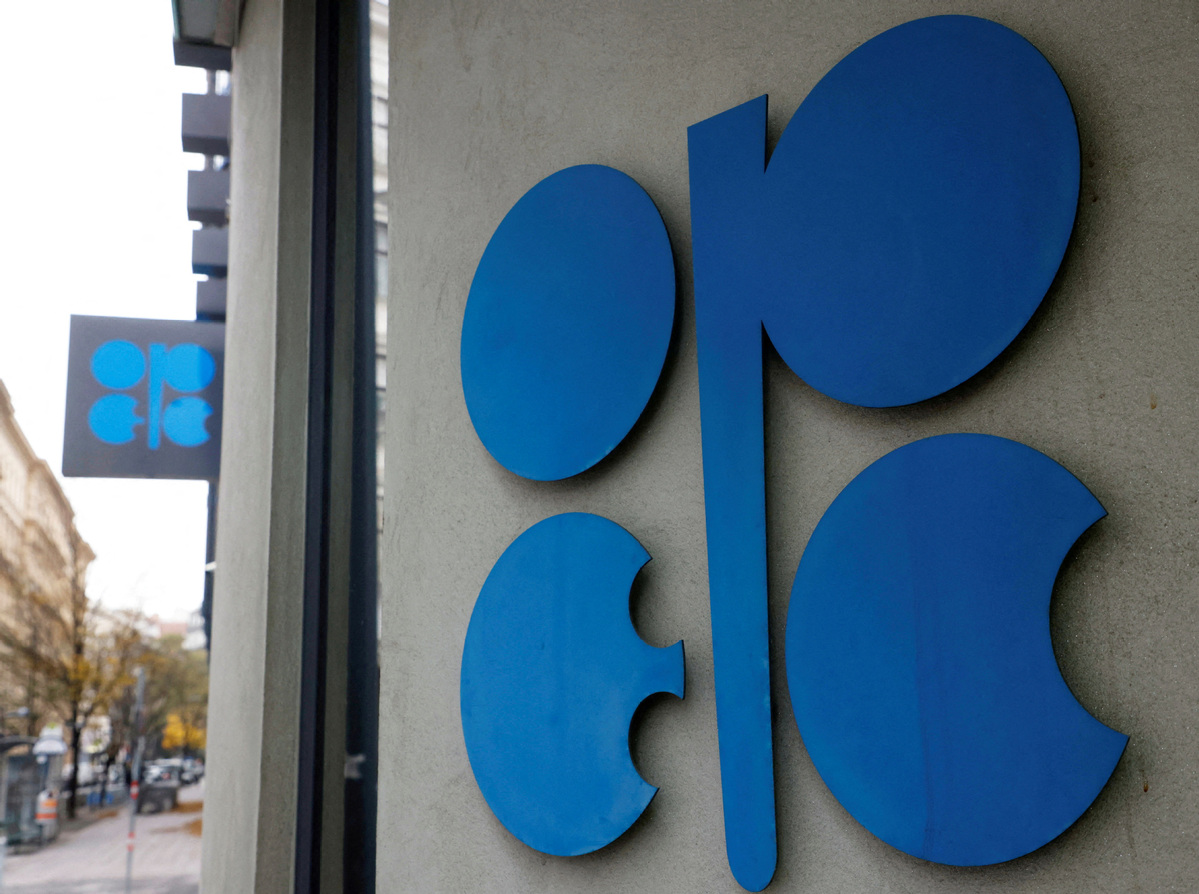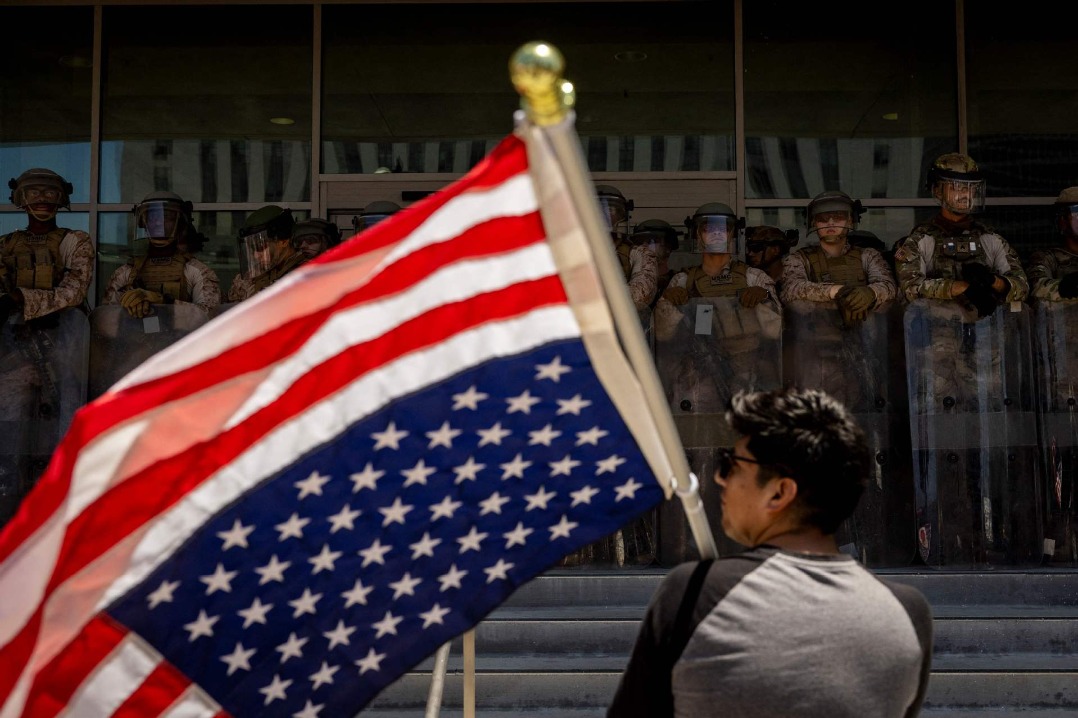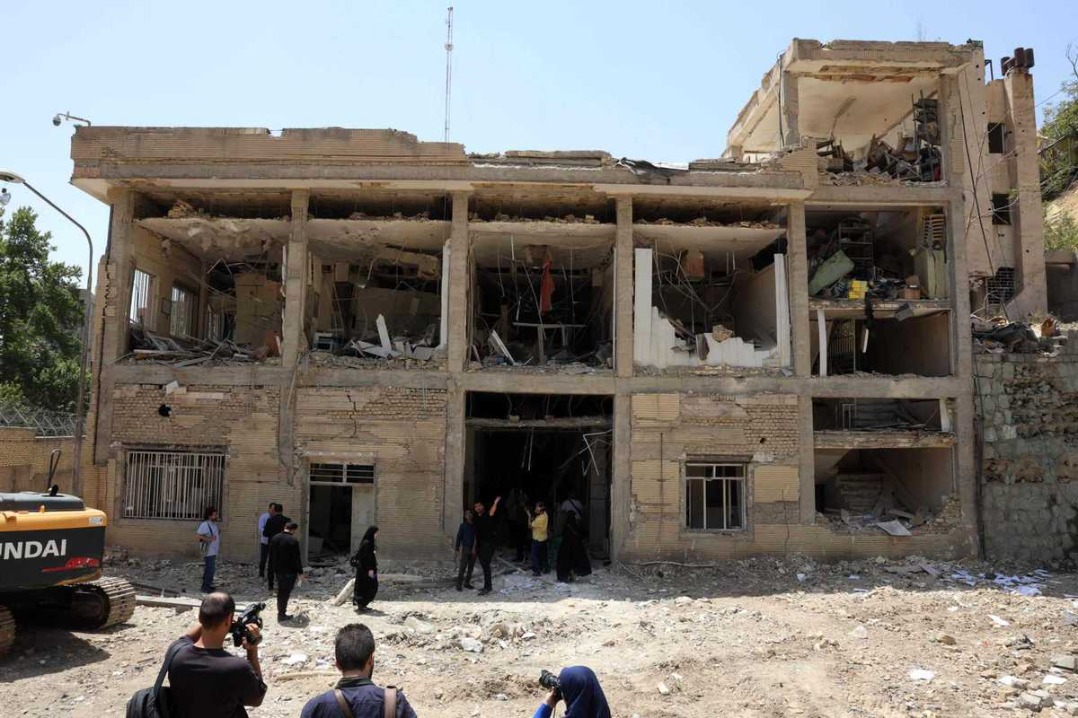OPEC+ agrees to increase oil output


The Organization of Petroleum Exporting Countries and its allies, known as OPEC+, agreed on Saturday to extend its oil production hikes, approving an increase of 548,000 barrels per day for August, as the group seeks to balance rising demand with concerns over weakening global growth.
The decision, made at the first virtual meeting of the Vienna-based group since oil prices surged and then fell following Israeli and United States air strikes on Iran last month, marks an acceleration from previous monthly increases of 411,000 barrels per day.
The eight-member OPEC+ group, which controls about half of global oil production, has been limiting output since 2022 to support market prices, but Reuters reported that it has recently shifted strategy to regain market share, amid pressure from US President Donald Trump for increased production to keep fuel costs down.
In a statement, the group cited steady economic conditions and low oil inventories in its decision, which aligns with plans announced last December to gradually increase production by 2.2 million barrels per day between April 2025 and fall 2026, a timeline shaped by weaker demand and competition from non-OPEC producers.
Most analysts had expected a fifth consecutive monthly output increase as OPEC+, which is made up of Iraq, the United Arab Emirates, Kuwait, Kazakhstan, Algeria and Oman, along with Russia and Saudi Arabia, aims to meet summer demand, while protecting prices.
Last month saw a sharp surge in oil prices amid fears of supply disruption in the Gulf region, when tensions between Iran and Israel escalated to military conflict on June 13.
Israel conducted airstrikes against Iranian targets, which sparked missile retaliation by Tehran, and the US became involved when it made strikes on Iranian nuclear sites on June 22.
The Strait of Hormuz, a vital seaway for one-fifth of global oil and liquefied natural gas shipments, became a key flashpoint as fears of disruption caused market volatility throughout the month.
Iran controls the northern shore of the Strait and, historically, has threatened to close the waterway during tensions. On June 14, Iran's parliament backed closing the Strait in response to Israeli strikes, though this has not yet occurred.
Energy analysts expect Brent crude oil prices to fall to $60-64 by late 2025 as OPEC+ shifts focus from price support to market share, with the group appearing willing to outpace US shale producers, noted Barron's, a financial news outlet.
The OPEC+ group is due to reconvene next on Aug 3 to assess September production.
"With the mood that OPEC+ have been in since its pivot in April, we expect them to continue to raise production quotas each month," wrote Kieran Tompkins, a climate and commodities economist at Capital Economics, in a market note on Friday.
Daniela Sabin Hathorn, senior market analyst at Capital.com, wrote in early June: "This surge in production appears to reflect a deliberate shift in strategy: producers, notably Saudi Arabia and Russia, are increasingly prioritizing market share and revenue through volume, rather than price."

































